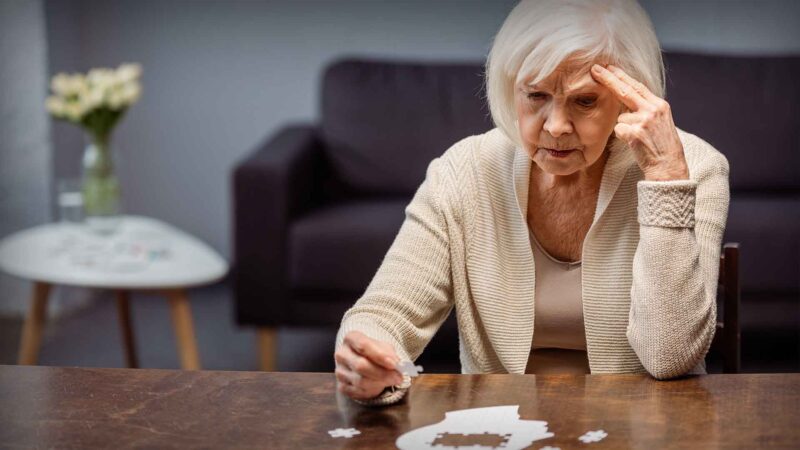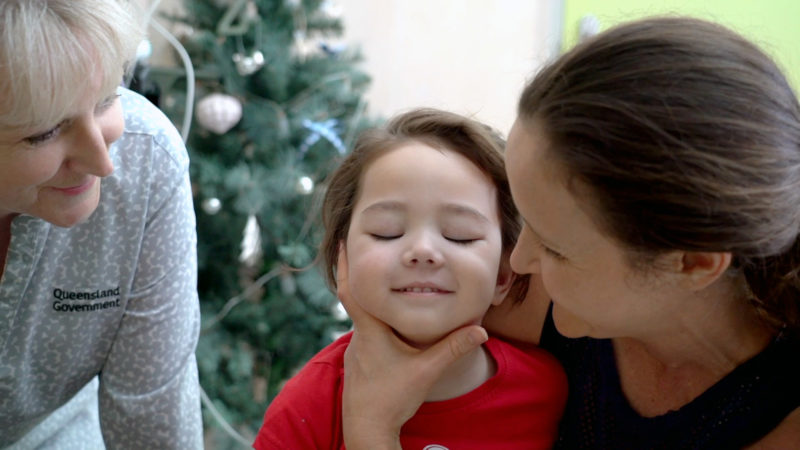3 YEARS IN, PROGRAM BUILDS ON CAPABILITY AND CONNECTIVITY FOR EARLY CAREER RESEARCHERS IN ENT MEDICAL DEVICES Beyond Science gives in theatre opportunities, networking with stakeholders and support from mentors
With
Professor Payal Mukherjee, Adult and Paediatric ENT Surgeon
Otologist, Cochlear Implant and Skull Base Surgeon &
Clinical Professor, Macquarie University &
TGA Advisory Committee for Medical Devices &
Clinical Associate Professor, University of Sydney &
Surgical Innovation Lead, RPA Institute of Academic Surgery &
Head of Department ENT, Sydney Adventist Hospital &
Co-Founder & Co-Director, Beyond Science
Distinguished Professor Gordon Wallace AO,
Director, Intelligent Polymer Research Institute,
University of Wollongong &
Co-Founder & Co-Director, Beyond Science
AUSTRALIAN HEALTH JOURNAL SEGMENT
Filmed in Sydney & Wollongong | August 2025
Surgeon-scientists and surgeon-innovators have an important role in the entire medical technology translational cycle; not only from discovery to commercialisation, but in ensuring that health technologies are implemented in value-based manner.
This includes defining safety and regulatory standards, balancing patient outcomes against health care costs, and working with policy makers to ensure that funding is both sustainable and promotes equitable access to technology.
Despite a rich history of biomedical innovation in Australia, there are limited training opportunities for surgeons to develop these skills. Within NSW, there are no formal surgeon-scientist training pathways in Otolaryngology, Head and Neck Surgery.
In 2022, Distinguished Professor Gordon Wallace AO and Professor Mukherjee jointly established Beyond Science as a clinician led, academically supported and clinician run Australian-first medical technology translation program.
The program is aimed at early career researchers and clinician-scientists working in medical device research specifically in otolaryngology (ear, nose, and throat), head and neck surgery.
Its core mission is to build capability and foster connections between researchers and key stakeholders such as industry, government, universities, and health systems.
This is through helping researchers understand health system priorities and translation pathways from research to real-world impact. Uniquely, this includes opportunity to enter surgical environments for observation and tissue collection.
Australian Health Journal spoke to its founders about how it supports academic mentorship and creates networking opportunities to help early career stage medical device researchers connect with clinicians, policymakers, industry leaders, and funding bodies.
Beyond Science is funded by Passe & Williams Foundation & the Sydney Local Health District
Source: Adapted from Beyond Science, RACS and University of Wollongong websites
You Might also like
-
Role of milk in cognitive function and quality of life in older adults
New research emphasises the role of cows’ milk, particularly A1 protein free milk, in enhancing cognitive function and quality of life for older adults with mild cognitive impairment (MCI). A multi-centre, double-blinded, randomised controlled clinical study published in *The Journal of Nutrition, Health and Aging* evaluated 88 milk-tolerant Chinese adults aged 65-75 over three months. Participants consumed either ordinary skim milk or A1 protein free skim milk, leading to improvements in various cognitive assessments.
-
Paediatric mental help for children of defence personnel, veterans and first responders
Dr Marg Rogers is a Senior Lecturer in Early Childhood Education at University of New England (UNE) in Armidale, New South Wales. She is a prominent figure in early childhood education New South Wales, and is also a Post Doctoral Fellow at the Manna Institute, a mental health research organisation within the regional university network across Australia, that is building place based research capacity to improve the mental health of regional, rural and remote Australia.
-
4 Years On
Launched 4 years ago, the Queensland Health’s Nurse Navigator program was created for patients with complex care needs. The Nurse Navigators are Advanced Practice Nurses and Midwives that help patients with care coordination and care planning.
A Nurse Navigator has the system knowledge and access, clinical skills and time to understand each person’s needs and to partner with them to develop a plan of care that addresses their health needs and respects and values their time and circumstances.



